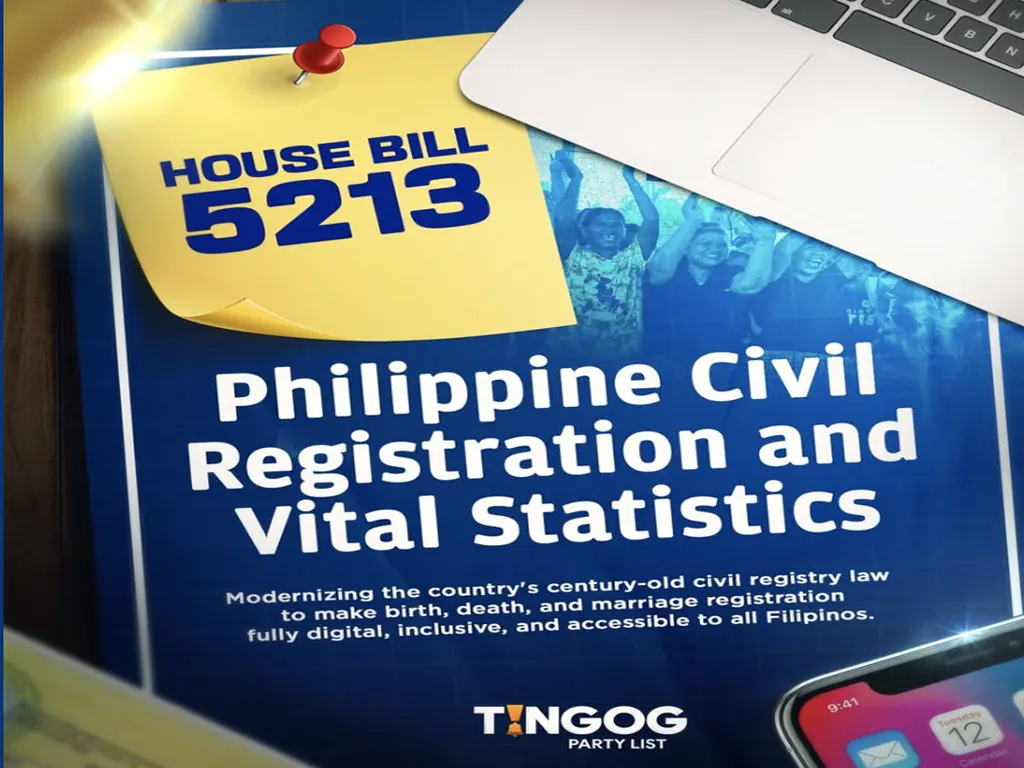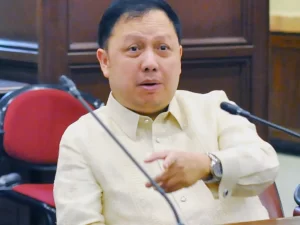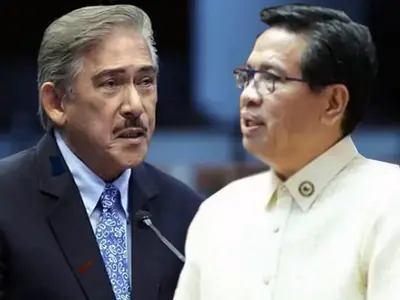
TINGOG Party-list Representatives Yedda Marie Romualdez, Andrew Julian Romualdez, and Jude Acidre filed today House Bill No. 5213, also known as the Philippine Civil Registration and Vital Statistics (CRVS) Act, a priority bill aligned with President Ferdinand R. Marcos Jr.’s Legislative-Executive Development Advisory Council (LEDAC) agenda for Public Administration and Civil Services.
The measure seeks to modernize the country’s civil registration system through a comprehensive reform of Republic Act No. 3753, or the Philippine Civil Registry Act of 1930. It envisions a fully digital, inclusive, and responsive Civil Registration and Vital Statistics (CRVS) system that guarantees universal registration of births, deaths, and marriages, as well as other acts, events, decrees, and issuances affecting the civil status of persons in the Philippines, and of all Filipino citizens abroad, while strengthening the Philippine Statistics Authority (PSA) as the lead implementing agency.
Under the proposed law, registration of all births, deaths, and marriages shall be free of charge and simplified through a fully digitized process, including mobile and barangay-level registration systems. It also mandates professionalization and continuing education for local civil registrars, training for physicians and local health officers on medical certification of deaths, and coordination among government agencies through a Civil Registration and Vital Statistics Inter-Agency Cooperation Committee.
Rep. Yedda Marie Romualdez emphasized the importance of legal identity as a foundation of social protection and development: “Legal identity is the first public service and the gateway to all others. When a child’s birth is registered, we unlock a lifetime of rights—healthcare, education, protection from exploitation, and access to opportunity. By modernizing our civil registration and vital statistics system, we are making a clear commitment: no Filipino will be invisible to the State because of poverty, distance, or displacement. This bill transforms paperwork into protection, and data into dignity.”
Rep. Andrew Julian Romualdez underscored the role of technology and inter-agency coordination in making public services more efficient: “Good data is good governance. By professionalizing civil registration, mandating electronic certification, and linking PSA with frontline agencies, we create a single source of truth for births, deaths, and marriages. This is how we target social protection more accurately, respond to disasters more swiftly, and plan development more wisely. The modernization of CRVS is the backbone of efficient, people-centered public service.”
Rep. Jude Acidre highlighted the bill’s rights-based and inclusive framework: “Civil registration is a matter of both rights and governance. Through this measure, we’re building a civil registration and vital statistics system that is modern, inclusive, and grounded in the dignity of every Filipino. By institutionalizing a rights-based and equity-centered approach, we ensure that no one—especially children, persons with disabilities, indigenous peoples, and those in remote or crisis-affected areas—is left unrecognized before the law. A functional CRVS is the foundation of inclusive development, better policymaking, and stronger protection of human rights.”
The bill directs the PSA to reorganize its Civil Registration Service into a new Civil Registration Office headed by a Deputy Civil Registrar General, with strengthened regional and field offices. It also establishes the Barangay Civil Registration System (BCRS) to facilitate registration at the community level, ensuring no Filipino is excluded from documentation due to distance, poverty, or displacement.
The TINGOG lawmakers stressed that the modernization of the country’s CRVS system will not only simplify transactions but also generate accurate and timely data for policymaking, disaster response, and social welfare programs.
“This reform brings our civil registration system into the digital age,” Acidre said. “It’s a vital step toward inclusive governance, better data for planning, and ensuring that every Filipino, wherever they are, is recognized before the law.”



